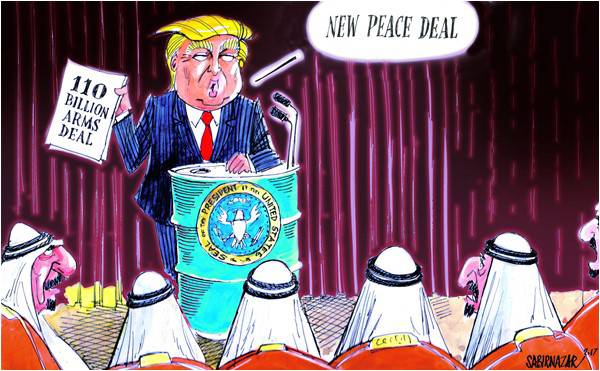
Water in Gwadar
Sir,
I am sorry to say that the Pakistan has failed to provide water to the people of Gwadar. They don’t even have access to drinking water and are forced to use contaminated water which leads to sickness. I request to the government to provide clean water to the residents of Gwadar.
Mohammad Wasim,
Turbat.
Bus service
Sir,
Without a doubt, the Daewoo bus service has maintained very good standards and is considered one of the best services throughout Pakistan. I frequently travel from Gujrat to Lahore, but recently found that repaired and refurbished buses whose ACs were not working properly were being used. It made the journey twitchy and restless for passengers. The lunch box only contained tiny wafers. Is there anything that can be done?
Rizwan Ali Ch.
Municipal Officer Services,
Gujrat.
Begum of Bhopal
Sir,
I greatly appreciate the article on Sultan Jehan Begum of Bhopal appearing in your esteemed weekly. She was my great grandmother and a distinguished ruler whose priority was promoting education for girls in her state—the second most important Muslim State after Hyderabad in pre-Independence India.
I write now to correct some historical errors in your article. First Sultan Jehan did not ascend to the Bhopal Gaddi at the age of six but at the mature age of 43. Second, the photograph in the bottom right hand corner is of her mother Shahjehan Begum who died of cancer in 1901. It was Shahjehan who succeeded to the gaddi at the age of 6. Sultan Jehan was personally a devout and conservative woman but was a thoroughly modern, enlightened 20th century ruler.
Shaharyar M. Khan,
Chairman PCB.
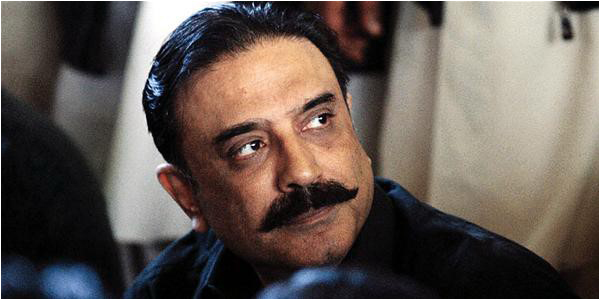
Leaders & democracy
Sir,
Former president and Pakistan Peoples Party co-chairman Asif Ali Zardari declared in a recent speech at Peshawar that his son Bilawal Bhutto Zardari shall soon become prime minister. If he is not successful than he will try himself. And the biggest ruling party, the Pakistan Muslim League-N wants to see the daughter of Prime Minister Nawaz Sharif, Maryam, as the future premier. Is this true democracy or a monarchy? I am reminded of Islamic history when against the traditions of the four pious caliphs, Muawiyah bin Abi-Sufyan established the Umayyad Dynasty in 680, declaring him the monarch. One of Muawiyah’s most controversial and enduring legacies was his decision to designate his son Yazid as his successor during his life. This was the first act towards strengthening a monarchy and promoting nepotism in the Muslim world. Unfortunately, almost all major leadership of today’s Islamic countries has adopted the same thinking. In Pakistan, there is a lack of a democratic process to choose true representatives during intra-party elections.
The powerful and rich always capture the main placement slots in their parties. The culture of nepotism has flourished down to the grass root level. The present ruling party’s progeny have dominated national politics. The electoral system has been devised for the richest and wealthiest families. It is beyond the imagination of the poor and middle class people to participate in elections.
For seventy years, the Pakistani nation has been facing different experiments by the heads of state in the shape of military dictators and dynastic rulers. Today’s culture of corruption and nepotism in politics has become harmful for the development and progress of the country. It is an obligation for all common people to understand the real concept of democracy. They should begin a struggle to choose educated, middle class and enlightened leadership first within political parties and then at the federal level.
Mansoor Ahmed,
Faisalabad.
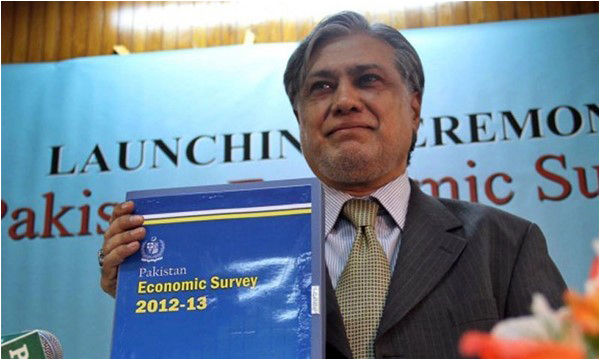
Budget deficit
Sir,
During 10 months (July to April) of the current financial year (2016-17), the country’s current account deficit has risen to an alarming amount of US$7.2 billion which is 200% higher than that of the same period in the last financial year (2015-16). The continuous huge surge in the country’s imports month after month is resulting in an unprecedented trade account deficit (US$26.55 for 10 month, July to April) which in turn is causing a dangerous current account deficit.
The trade deficit has been increasing at an alarming speed during the current financial year 2016-17 but I am surprised that the respectable trade minister, Khurram Dastagir, has not spoken a word so far as to what is the actual reason is and what is the solution to this serious problem. Even the respectable finance minister Ishaq Dar, who is responsible for maintaining a healthy balance sheet has not spoken a word so far on the deteriorating current account deficits which might take us back once again to the doors of the IMF.
Some media reports suggest that huge machinery imports is causing the trade account deficit which is resulting in a current account deficit and that once this machinery is installed and gears into production, the exports will increase which will eventually bring down the trade account balance to a satisfactory level. We have been reading this unconvincing argument for a long time.
How long will this cycle of importing machinery, installing it and going into production will take? This situation has been going on for a long time. I think it is high time that the country’s economic managers take the matter of alarmingly high trade and current account deficits seriously and come up with a detail analysis of what is actually causing it.
Ejaz Ahmad Magoon (FCA),
Lahore.
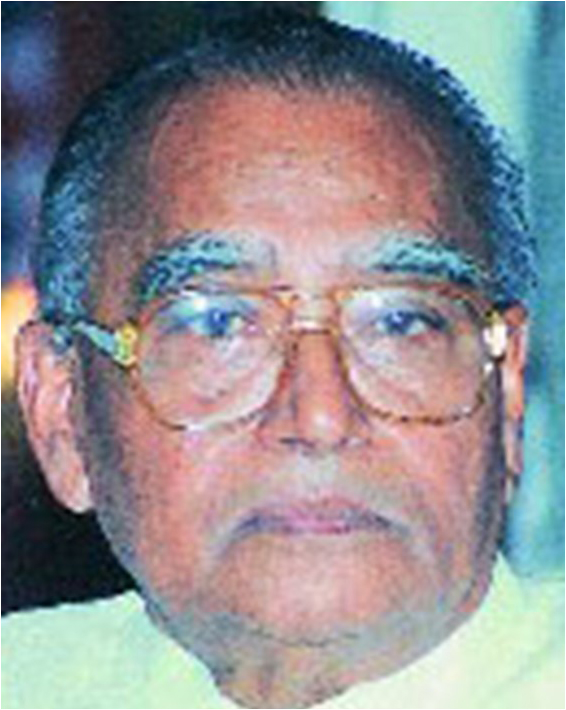
Islamabad roads
Sir,
The board of the Capital Development Authority (CDA) recently approved renaming four roads in the country’s capital Islamabad after Agha Nasir, Safwat Ghayur Shaheed, Capt Mobin Shaheed and Aitzaz Hassan Shaheed.
This happend at its sixth meeting, for the year 2017, held at the headquarters on May 19, 2017. It was presided over by Sheikh Anser Aziz, the mayor of Islamabad and the chairman of the CDA. According to CDA officials, renaming these roads after martyrs and heroes is a tribute to their contributions.
The board approved renaming service road (East) F-11 as Agha Nasir Road, Service Road (West) F-8 as Safwat Ghayur Shaheed Road, the double road in front of Police Line, H-11 as Captain Mobeen Shaheed Road and service road D-12 as Aitzaz Hassan Shaheed Road. The decision has to be endorsed by the federal cabinet.
Without questioning the board’s decision to rename the roads after citizens whose contributions and sacrifices are certainly worthy of appreciation and recognition, I would like to draw the attention of the worthy chairman and board members towards a significant name that they may perhaps have inadvertently been overlooked.
This great person is none other than the veteran politician and hardcore Pakistani politician from former East Pakistan, late Mr. Mahmud Ali. Mr. Mahmud Ali’s contribution and sacrifices towards his first love Pakistan is known to all in the world of politics both at home and abroad.
It is extremely unfortunate that a man of Mr. Ali’s stature and principles have been pushed into the oblivion by successive governments and this nation. His mortal remains are buried in the H-8 graveyard of Islamabad, under tons of debris.
Will the CDA chairman and the worthy board members take immediate cognizance of the matter and try to rectify it? Would they also include the name of the late Mahmud Ali among the names of those who have lately been shortlisted, and strongly recommend to the incumbent government that a major road of Islamabad be named after him? This, in fact, is the least this nation could do for a person like Mahmud Ali who, till his last breath, remained a staunch Pakistani, and sacrificed his entire life for the well-being of Pakistan and the Pakistani nation.
Fazal Elahi,
Islamabad.
Need for psychotherapy
Sir,
In Pakistan, approximately 50 million people suffer from common mental disorders and unfortunately there are only 400 trained psychologists in the country, meaning that there is roughly one psychologist available for half a million people. Pakistan has one of the lowest mental illness patient-to-doctor ratios in the world.
Mental illness refers to a wide range of mental health conditions that affect mood, thinking and behaviour. People go through periods when they feel emotions such as stress and grief, but symptoms of mental illnesses last longer than normal and are often not a reaction to daily events. When symptoms become severe enough to interfere with a person’s ability to perform day-to-day chores, they may be considered to have a significant mental illness. Sadly, prospects for care are exceedingly bleak as many patients never seek treatment, quit prematurely or are shunned by family members
Psychologists in Pakistan believe that a majority of the population is suffering from Post-Traumatic Stress Disorder (PTSD) and that there is not much being done to help them. It is also believed that being a patriarchal society, it is rare that men in Pakistan admit their depression because it will indirectly mean that they fail to cope with their responsibilities.
With constant stress, terrorist attacks, absence of social security, poverty, illness, poor health standards, injustices, illiteracy and economic tumors, people have become very rigid, inflexible in their thinking, and confused about religion. Things are going badly wrong. People are unable to rationally analyse the situation and are becoming angrier. These are the classic symptoms of PTSD. You find that Pakistanis have major issues around trust because they live in heightened security.
The situation is especially worrying for mental-health advocates because suicide rates have surged in Pakistan in recent years, from a few hundred in the pre-1990s to almost 7,000 last year. And this is probably an underestimated figure given the legal, socio-cultural and religious sanctions against suicide in Pakistan. Data from population-based studies indicate that a third of Pakistan’s population have anxiety and depression.
It is the responsibility of the provincial government to provide funds and the mental health professionals, especially psychologists, to provide leadership. On an individual level, some changes in lifestyle can significantly help. Be an organised person in your routine life, take wise and timely decisions, and take good care of yourself with healthy eating, regular physical activity and sufficient sleep — usually seven to eight hours for adults. Avoid conflicts in personal as well as professional life, try to participate in social activities, and get together with family or friends regularly. Avoid alcohol and drug use.
Moreover, stigma and shame must be uprooted from our communities. The therapy itself involves emotional suffering, vulnerability, anxiety and sadness. The least we can do is to allow for mentally ill patients to seek adequate support.
Komal Kanza,
Karachi.
Trucks in Karachi
Sir,
There was a strike in Karachi by transporters who wanted to protest a rule that restricted them from using the roads during the daytime. They were also told to make their journey a bit longer by going past Hub. This increases their costs. Almost 7,000 trucks move every day. If they lose their jobs they will suffer. There should be another route for them which does not increase their workload. One understands the reasons for the notification but Karachi has long suffered because of bad planning; the Lyari expressway was supposed to be a solution to this exact problem.
Ali Jan Naz,
Turbat.
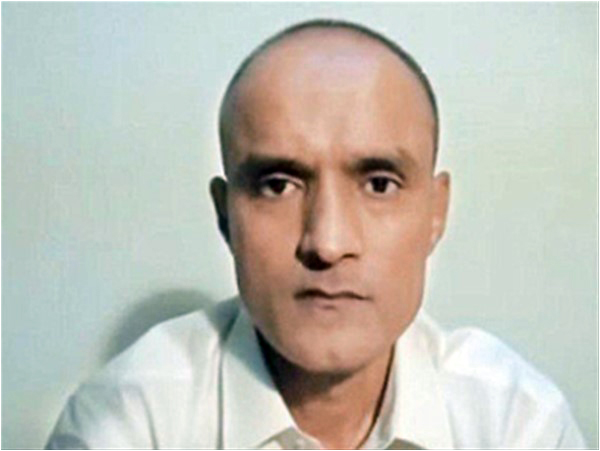
Jadhav & Kashmir
Sir,
I feel ashamed being a Pakistani whose government has given a way out to a terrorist who belonged to its staunch enemy by appearing in the International Court of Justice and that too not well prepared. Kulbhushan Jadhav has admitted to killing a number of Pakistani citizens in terrorist activities that he planned and hence he is a terrorist by any definition of the word, and not just a spy as pleaded by Pakistan in court.
The Pakistan military is so tough on other terrorists, and rightly so, that they are being hanged. It seems like the visit of a certain businessman has borne fruit for India and once again Pakistani national interest has been compromised for personal business interest. I am afraid that one day Kashmir might also be sold to India if India offered our top politicians the right price.
There is a silver lining though. India was not allowing any third party to intervene in the Kashmir dispute but has opened a way for Pakistan to again seek the international community’s support for resolving the issue. India’s stance that they will take all steps necessary to get Mr Jadhav back can also be used in Pakistan’s favour i.e. if India decides to resolve the Kashmir issue then the Indian national may be allowed to go back to India unharmed otherwise he should be treated like any other terrorist is in Pakistan.
Umar Khalid Dar,
Manchester, UK.
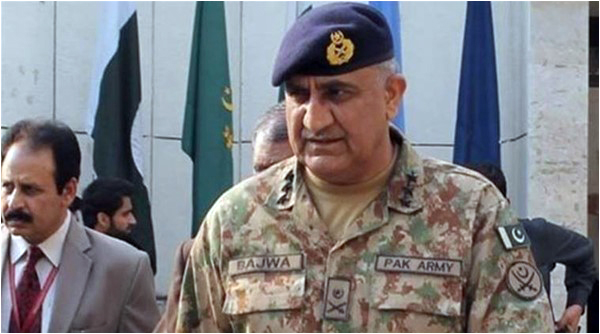
Fighting terrorism
Sir,
In an unprecedented statement, the Army Chief reiterated the Pakistan Army’s resolve to fight terrorism. The question arises: what causes terrorism? Is it a cause or an effect? The fact of the matter is that terrorism is an effect of extremism.
The gathering where he made the statement was organised by the ISPR after an incident at a university. If one looks at the history of university campuses in Pakistan it is clear that in the 1950s and 1960s campuses were dominated by left-leaning student unions like the NSF (National Students Federation), who gave a tough time to military dictator Gen Ayub Khan.
It seems that after Dhaka, the security establishment, with an intent to create allies on campuses, patronised right wing radicalised student groups across Pakistan.
In a recent incident, Pakhtun students were attacked at a Punjab university campus. How come this happens? Whenever a popular civilian government shows the intent to review the draconian laws of the Gen Zia era, these elements resort to bullying tactics to pressure the government to back out. Where does that audacity come from?
A student mercilessly killed dozens of people in Safoora Goth. He was radicalised by a right-wing student group of Karachi University. It should be noted that Karachi University has been effectively under Rangers security since 1989. The state has completely transformed the campuses of large public sector universities.
As long as the leadership of these right wing parties hail terrorists as ‘shaheeds’ and this narrative of extremism keeps getting a sympathetic ear in powerful state institutions the dream of uprooting terrorism will never be realised. One salutes the security personnel who have laid down their lives to exterminate terrorists but the real question is what we must do about extremism. It is incumbent upon both the civil and military leadership to come up with a joint strategy to get rid of the menace of extremism that causes terrorism.
Malik Atif Mahmood Majoka,
Melbourne, Australia.

